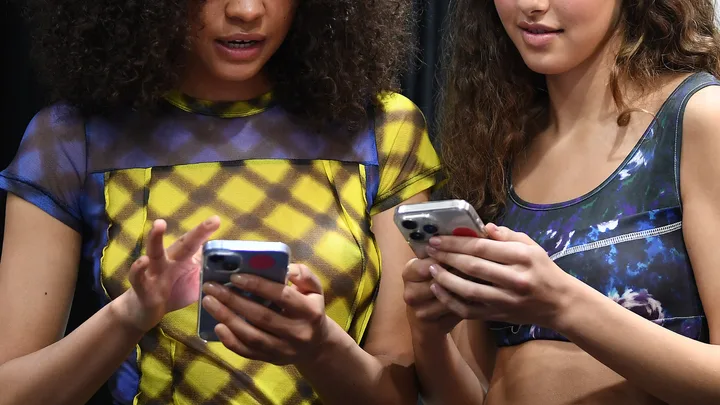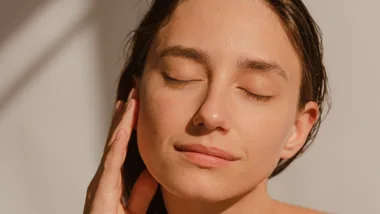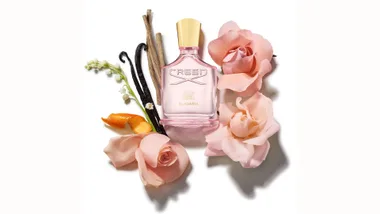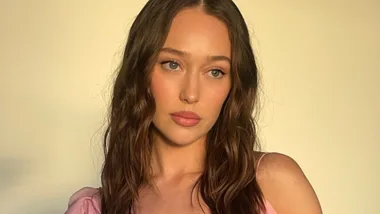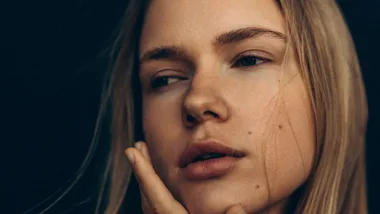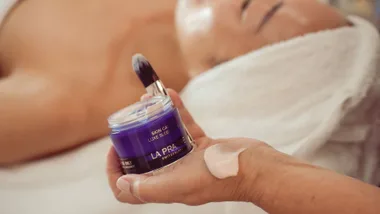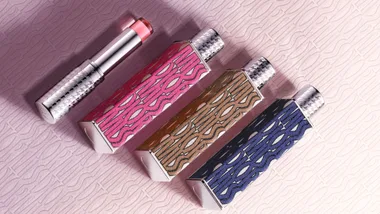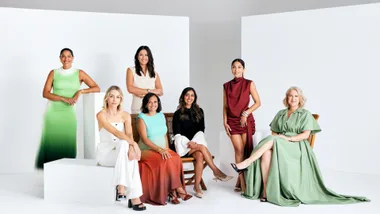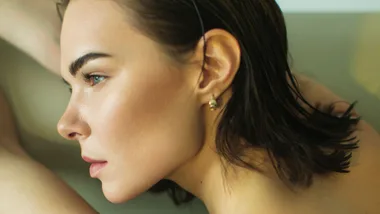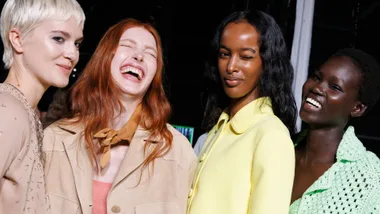Content warning: this article discusses body image and eating disorders and may be distressing to some readers. If you are in need of support, please contact the Butterfly Foundation.
Social media has come a long way since the days where a “filter” meant posing with an animated tongue and dog ears on Snapchat.
In 2024, the free-to-use filters offered on platforms like TikTok, Instagram and Snapchat are more complex—and more real—than ever. That is to say they are less of a gimmick and more a means to blur out blemishes, sharpen cheekbones, add makeup or even change your hair colour with little more than a swipe.
While conversations around edited imagery and its influence on perceptions of beauty are nothing new, in recent years the potential impacts of filters have come into sharp focus. Things reached fever pitch early last year, when TikTok users began to freak out over the hyper-realistic Bold Glamour Filter. In addition to adding a soft glam makeup look to users’ faces, the tool altered their facial features to be more conventionally attractive. It goes without saying that the filter was controversial, and user feedback ranged from being “a wee bit scared,” to genuinely concerned. As one TikToker wrote, “As someone who experienced body [dysmorphia] growing up this makes me sick to my stomach; [TikTok] u can’t be enabling this… it’s sickening for our youth.”
At the time of writing, over a year after it was first released, this filter has been used over 233.5 million times.
As Dr. Helen Egger, child psychiatrist and co-founder of mental health company Little Otter, told Forbes in 2023, “What is taking it to the next level with these filters is it’s not just seeing an image of a celebrity who is unrealistic and measuring yourself against that person, it’s measuring your real self against a pretend image of yourself.”
In short, whether you want to dub it “Instagram Face,” “Snapchat Dysmorphia,” or something else entirely—beauty filters are changing the way we see ourselves.
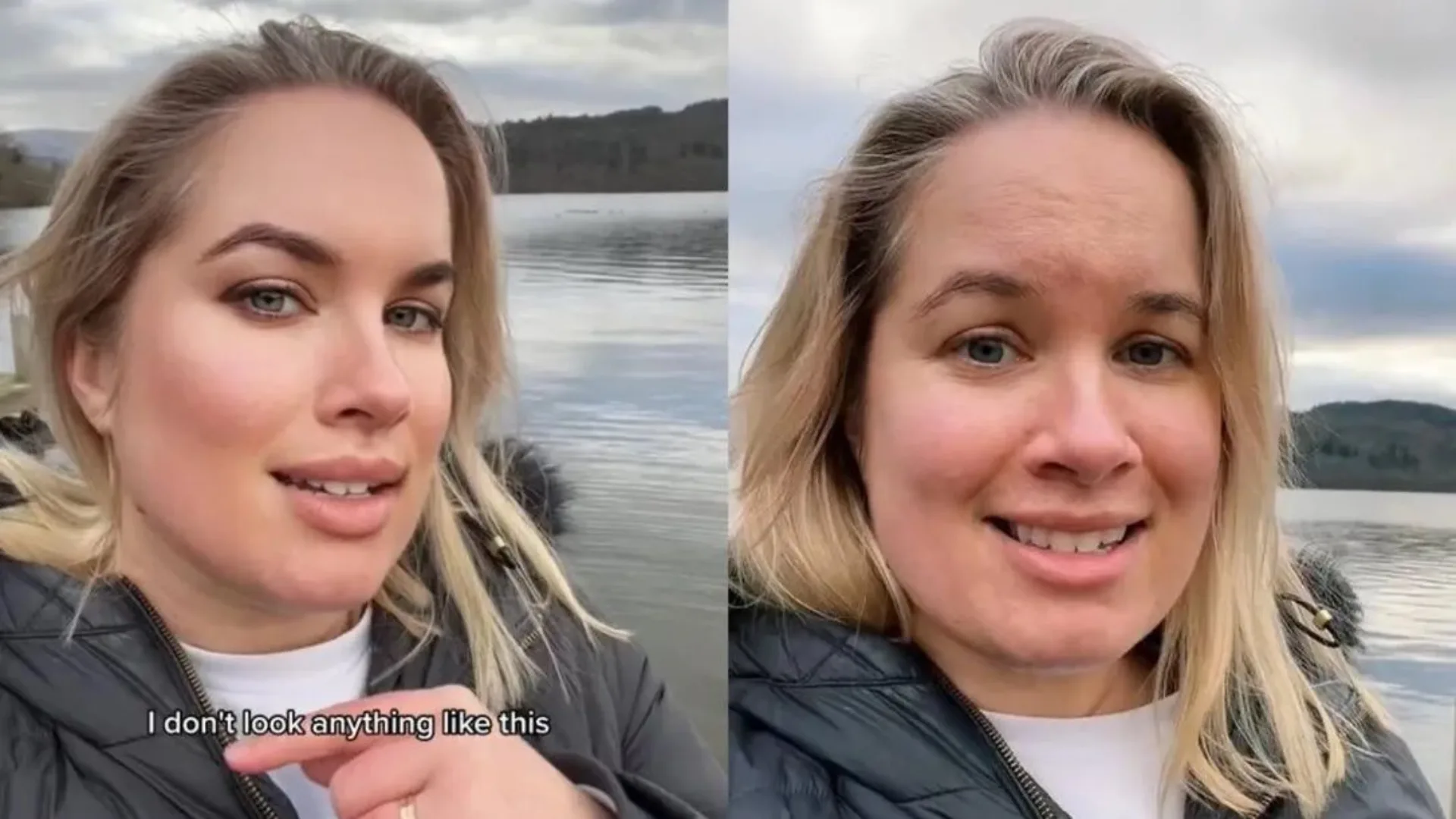
The influence of social media more broadly, particularly on young people, was made evident in a survey of 3000 Australians aged 12-18, conducted by the Butterfly Foundation last year. It found that over 60 percent of respondents felt social media had negatively impacted their body image. The survey preceded a ’roundtable’, which was launched by independent MP Zoe Daniel with the Butterfly Foundation in September. The conversation included eating disorder experts, people with lived experience, lawmakers and social media experts. Met, who own Instagram and Facebook, were present for initial conversations but removed themselves from the recommendation process to avoid any conflict of interest (notably, there were no representatives from TikTok present at any point).
The collective developed 21 recommendations which were released to the public yesterday, which Daniel told Today, “really have come from the evidence.”
“That [being] a roughly 85 percent increase in eating disorders since 2012 in that 10-19 year old age group; huge numbers of people contacting helplines, and many of them reporting that social media has had a big impact on their eating disorder, both triggering it and continuing it,” she added.
The recommendations included legislative and regulatory reforms, as well as changes that would come about through working with social media platforms. In addition to proposing that Australian authorities be given powers to demand social platforms remove pro-eating disorder material, the roundtable recommended the introduction of functions that allowed users to filter potentially harmful content from their feeds, as well as restrictions on young Australians’ access to beauty filters.
[Social media is] not a safe space, I think that’s really where we’re at
Zoe Daniel
While criticisms of beauty filters are valid, it is important to note that they do not exist in a vacuum. Rather, they reinforce beauty ideals and reflect the broader issues and biases that are already embedded in the fabric of our society.
“[Social media is] not a safe space, I think that’s really where we’re at. Social media is part of the world in which we live but I think where we need to get to is ‘okay, if we’re going to have it, the platforms need to make those spaces safe,” Daniel told Today. “Where I would like to get to is a duty of care on the platforms, so that the responsibility is not on the user to manage what they’re receiving but rather on the platforms to manage what they’re delivering.”
“But in the interim, there are some levers we can pull, one is taking beauty filters out for under 18s,” Daniel said.
Daniel will now present the roundtable’s findings to government ministers.
If you are hoping to contribute to the conversation, the Butterfly Foundation has issued a callout for the public to ask their Federal MP to support their critical recommendations. The foundation has drafted a letter that you can use as a template, which outlines the key areas found to be in need of change. Find that here.
If this article brought up any difficult feelings, or if you or someone you know is impacted by an eating disorder, contact the Butterfly Foundation here or on 1800 33 4673.
